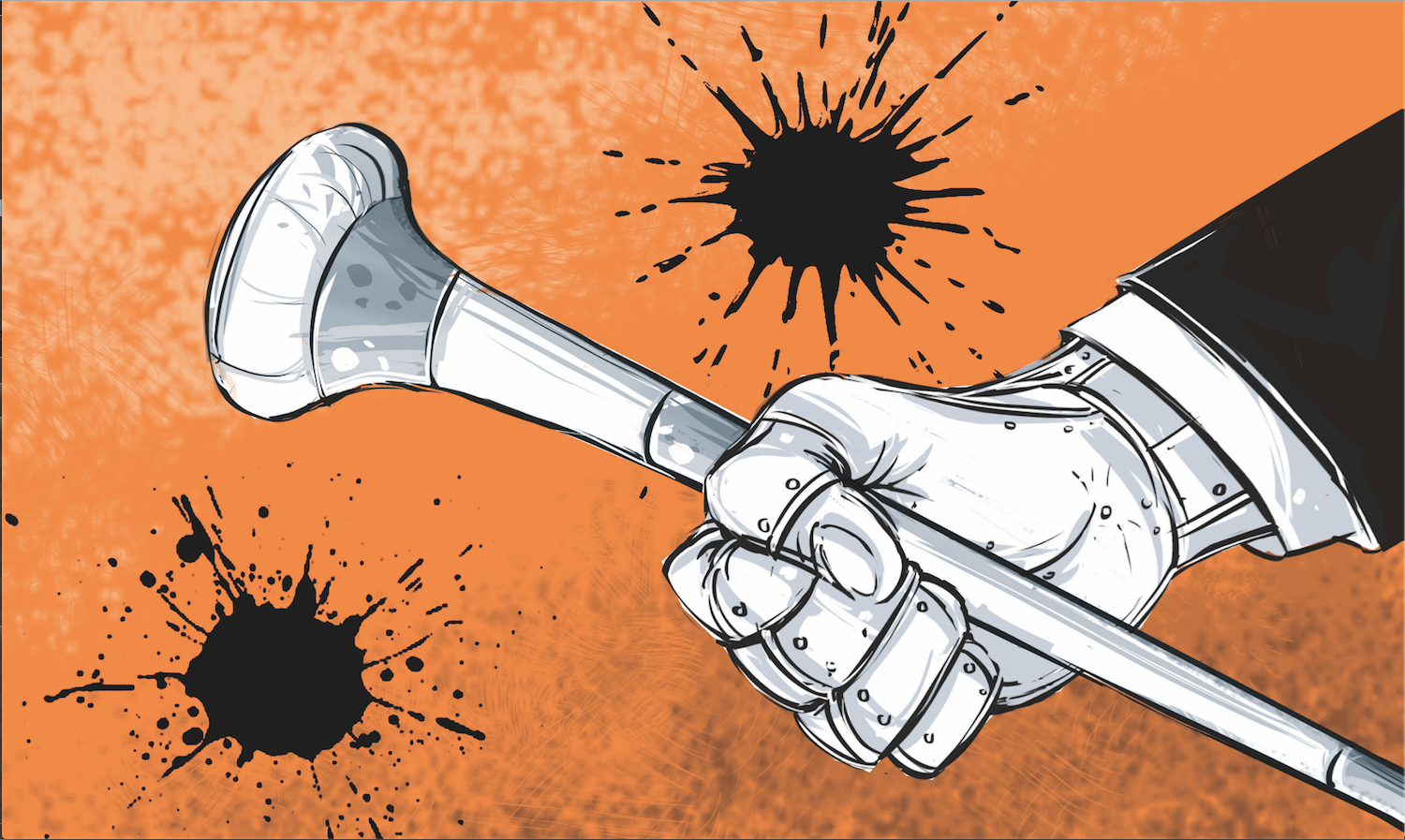
On March 28, 2025, Kenya’s Chief of Defence Forces General Charles Kahariri sparked debate with a statement: “We defend the constitution and the government of the day, duly elected by the people.Now that you feel tired of somebody you genuinely elected and begin to chant ‘Must Go’, that ‘Must Go’ should be done in accordance with the constitution.”
Likely meant to affirm stability amid public discontent, these words echo a concern I raised in my article titled ‘Why Kenyans must delink power to reclaim sovereignty’, published in the Star edition of February 26, 2025. The article flagged this concentration of power. Today, I see it playing out in the awkwardness of the KDF navigating political currents it should not have to as was the case of General Francis Ogola during the 2022 election.
There, I argued that Kenya’s presidency, fusing Head of State, Head of Government and Commander-in-Chief, concentrates power dangerously. The CDF’s remarks prompt a question: should we delink these roles to free the military from appearing to back a divisive government rather than the unified state?
This is not a personal jab at General Kahariri. His comments, possibly off-the-cuff rather than Kenya Defence Forces policy, stress the military’s apolitical stance: “We do not support any side.” Urging constitutional dissent channels reflects wisdom, given Kenya’s history of post-election violence and executive overreach.
But “government of the day” jars, suggesting loyalty to a transient administration, not the enduring state. As a social consciousness theorist, I critique the system, not the man, using the CDF’s words to reflect on structural flaws.
State vs government: A vital distinction
The state—Kenya’s constitution, institutions and people—transcends political cycles, uniting all citizens, regardless of their vote. The government, a temporary elected body, can be replaced; the state endures.
This dichotomy defines the military’s true role: protecting the state’s sovereignty, not a ruling party. General Kahariri’s nod to both “the Constitution” and “the government of the day” blurs this line.
Defending a narrowly elected government that alienates many—through corruption or repression—could pull the KDF from its apolitical roots. Neighbouring Uganda and Zimbabwe show militaries propping up “elected” regimes, a path Kenya must avoid.
Were the CDF’s remarks informal, meant to calm tensions? If so, the onus is on the Kenya Defence Forces to clarify that its duty is to the state alone, avoiding misinterpretation in a polarised nation where “duly elected” is often contested.
Revisiting delinking
My article in The Star proposed separating Head of State (a ceremonial unifier) from Head of Government (a political executive) to curb presidential power. General Kahariri’s statement sharpens this: when the military defends “the government”, led by a president who is also Commander-in-Chief, it risks appearing loyal to one person, not the state. This binds the apolitical KDF to leaders elected by a fraction of society, not the universal state.
Should we expand delinking to detach Commander-in-Chief from the presidency? A ceremonial Head of State, or even a term-limited General as Commander-in-Chief (same as the Chief Justice), could anchor the military to the state’s permanence, freeing it from political statements that sound like endorsements. The Head of Government would handle politics, while the KDF upholds the constitution, not electoral outcomes.
A socially conscious call
This is not about faulting General Kahariri or the KDF but refining a system that strains the military’s neutrality. Kenya’s history—2007-08 violence, Moi-era crackdowns—warns against tying institutions to transient power. Delinking Head of State, Head of Government and Commander-in-Chief would clarify the KDF’s role, sparing it the embarrassment of defending divisive leaders.
General Kahariri’s words, likely a prompt, not policy, urge us to ask: is it time to delink for the military’s independence and Kenya’s unity? A state-focused KDF, untethered from political loyalties, would serve all Kenyans. Let’s discuss this, not to blame, but to strengthen our nation.
Social consciousness theorist, corporate trainer and speaker. @samaismela









